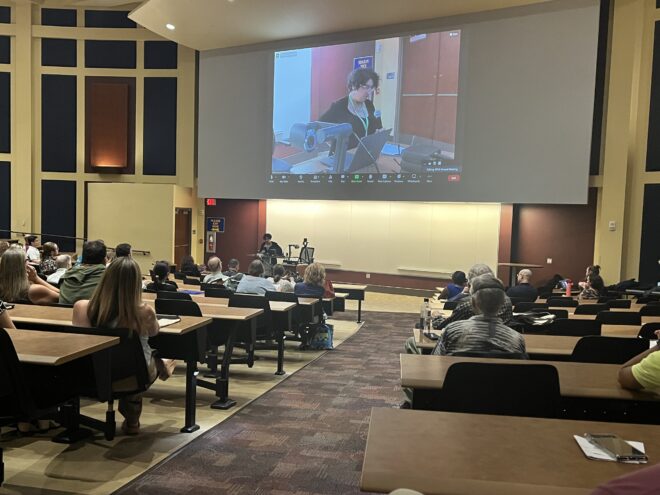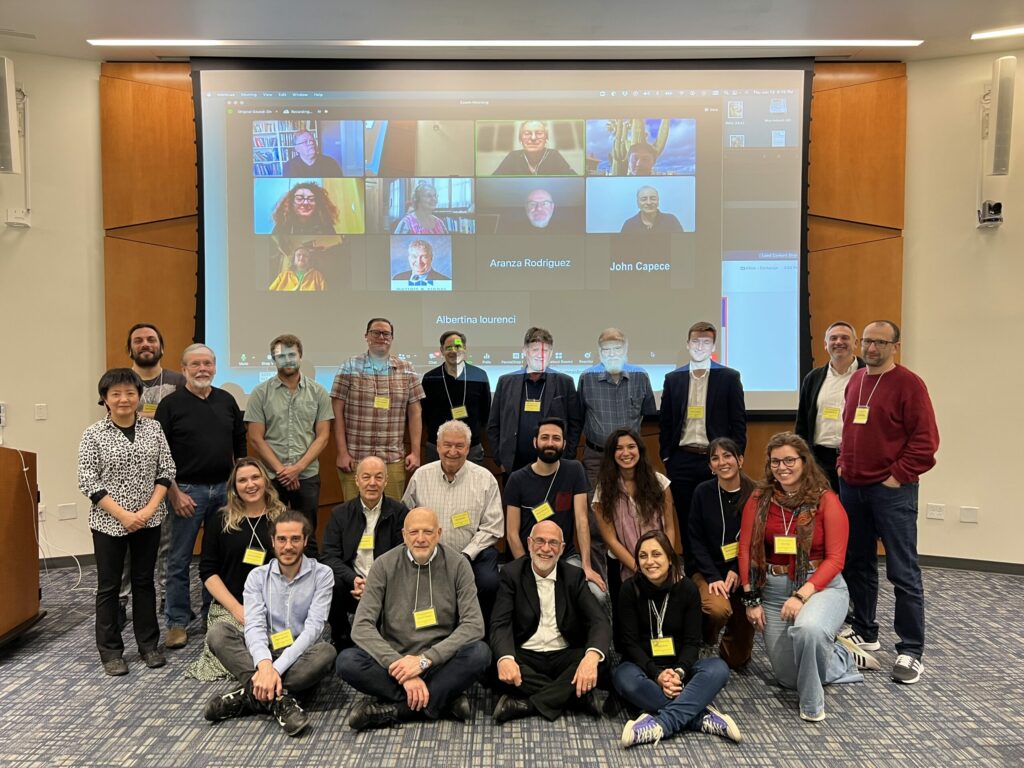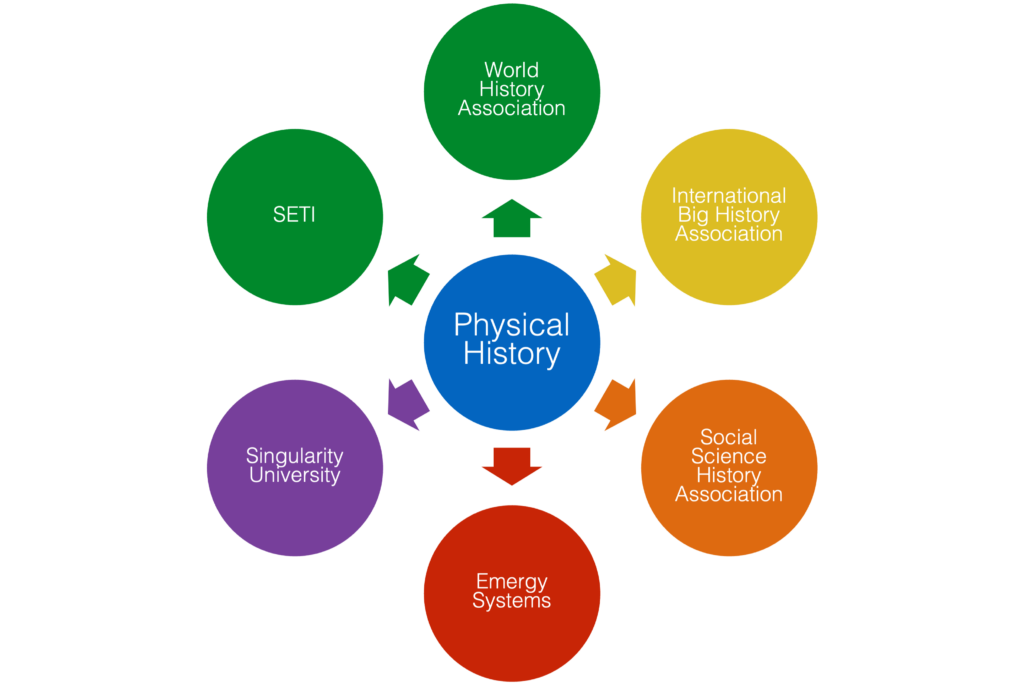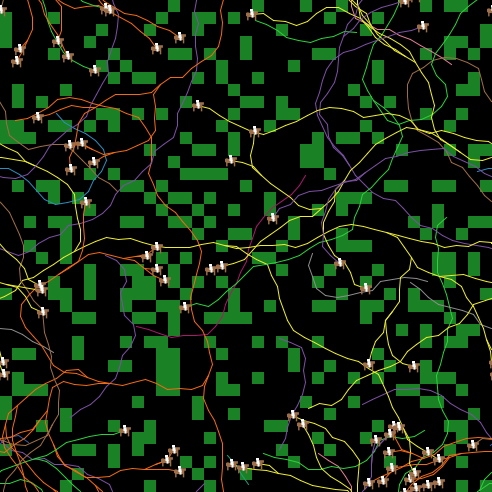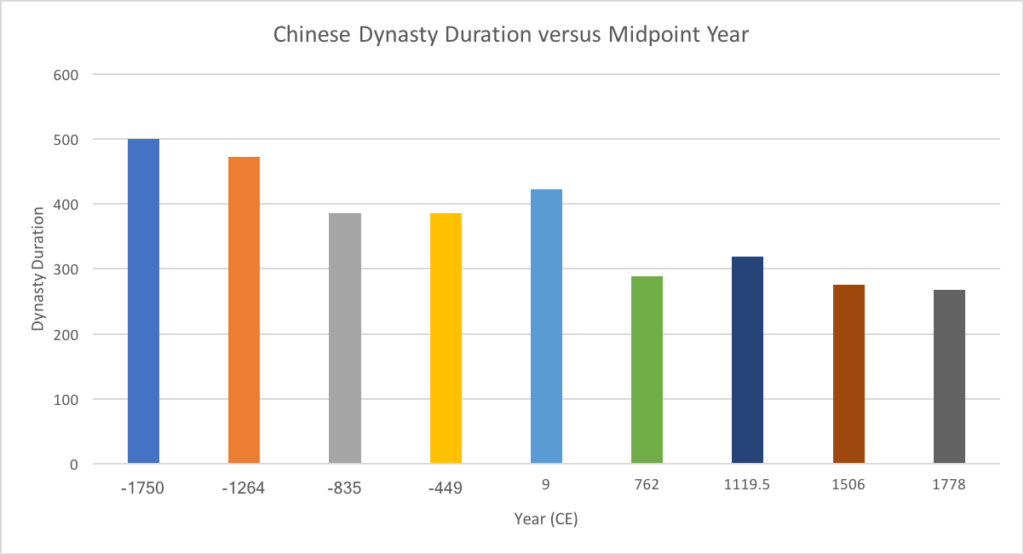The World History Association, in partnership with the University of Pittsburgh’s World History Center, held its 2023 Annual Meeting in “Steel City” Pittsburgh, Pennsylvania, USA from June 22-June 24. The theme of this year’s WHA meeting was ENERGIES where scholars from across the globe will had the opportunity to present new and innovative research on a vast array of energy-related topics.
Despite its earlier smoggy, steel mill town reputation, parts of Pittsburgh have become vibrant and cosmopolitan. Pittsburgh itself located in a beautiful green, river valley, what only slightly smoky skies. The University of Pittsburgh is located near Carnegie Mellon University and the area between is filled with museums and eateries making for an interesting and lively scene.
Brian Black gave the opening keynote address, “To Have and Have Not: Tracing a World History with Energy at its Core”. Many of the presentations had an energy these, but there were several of special interest to the HistoryQuant community, such as
- Energy, Labour and Global Commodities in Colonial South Asia (John Lourdusamy, Surabhi Rani Verma, Mahendranath Sudhindranath, Amil Varghese)
- Panel: Meta Discourses on Energy and World History (Thanasis Kinias, Theodore J. Drizis, Shari Tarbet, Maximilian Barnett, Andrew Wender)
- Panel: Energies and Activism in World History (Carl Nightingale, Theodore J. Drizis, Nicolas Lepine, Johann JK Reusch, Yufeng Wang)
- Panel: The Power of Stardust: Using Big History to Understand Energy Flows in World History (Hybrid) (Maximillian Barnett, Andrey Korotayev, David LePoire, Esther Quaedackers)
-
Panel: Fossil Fuels in the 20th Century
- “Energy: A Useful Category of Historical Analysis?” (Victor Seow)
- “The Whole Shebang: A History of Leaders and Movements Concerning Governance Via Energy Accounting and Distribution” (presented by the author of this post).
On a bittersweet note, WHA Executive Director of Kerry Vieira will be retiring from the WHA to pursue other opportunities.
At the end of this post is a link to a full schedule (373 KB PDF).
